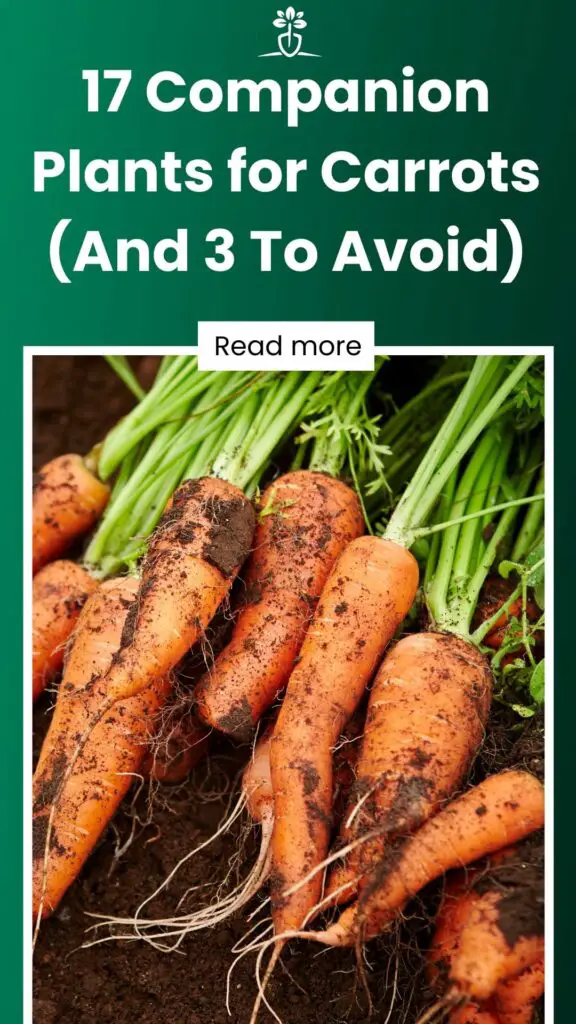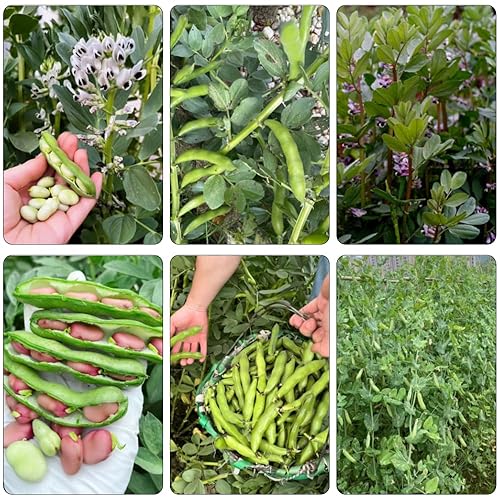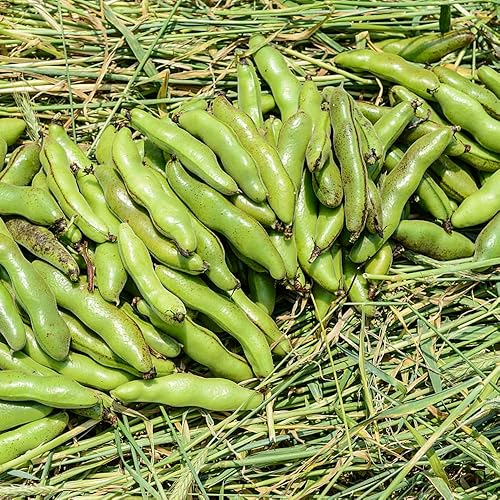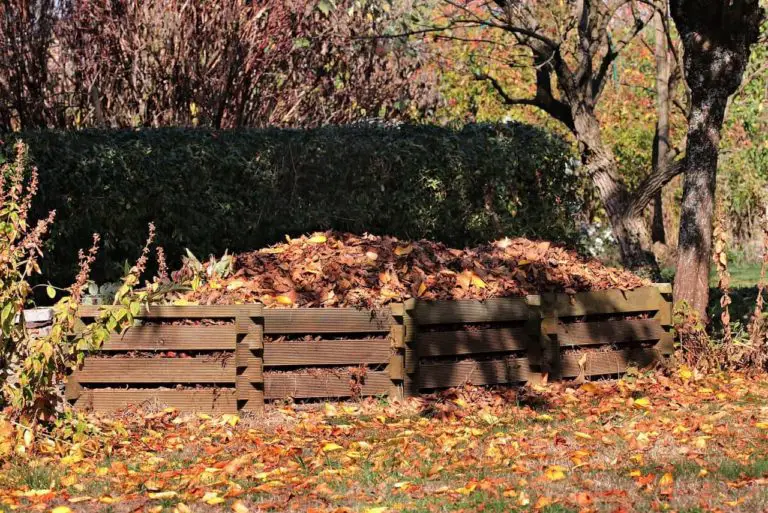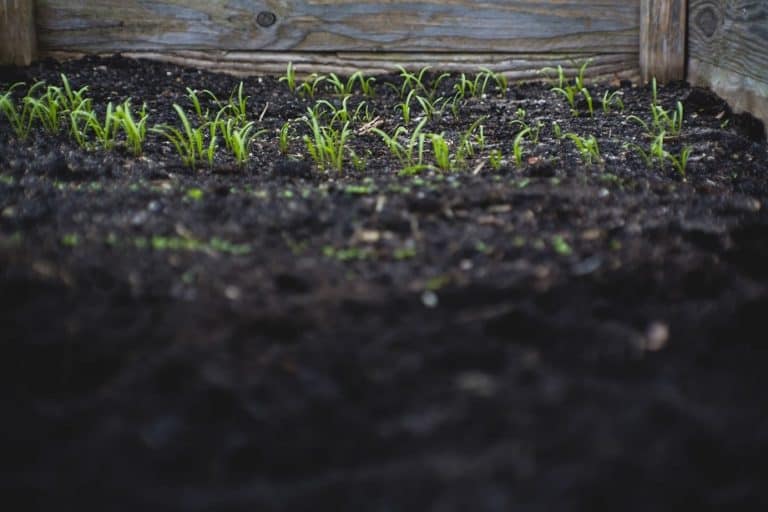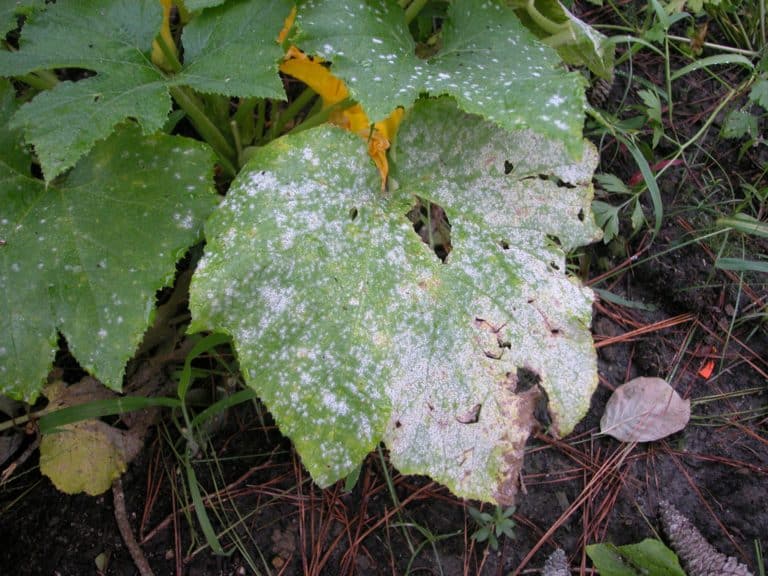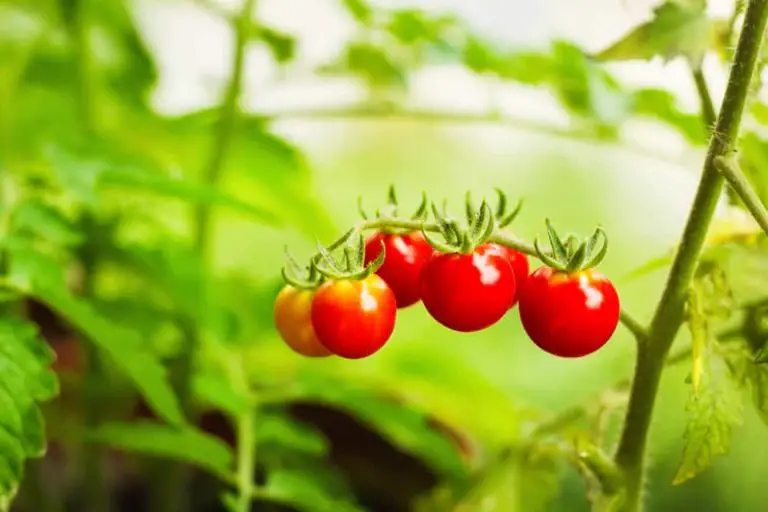17 Companion Plants for Carrots (And 3 To Avoid)
Carrots, packed with goodies like antioxidants and vitamin A, are a great way to spice up your meals. These little orange delights aren’t just tasty; they’re a breeze to cook with too. When you plant them year-round, you’ll always have a fresh stash. Plus, they don’t need much room, making them perfect for small gardens. Ever heard that carrots used to come in purple? Picture the fun of finding a purple one in your garden! Curious about more carrot wonders? Keep going to uncover amazing carrot secrets.
That said, carrots are no different from any crop in that they can fall prey to various pests and diseases and take to some plant companions decidedly better than others. Fans of permaculture gardening (also known as companion planting) purposefully plant certain crops alongside others to enhance and protect one another and guarantee longevity for all.
Here we’ll list some of the best companion plants to grow with your carrots, ensuring optimal flavor, yield, and overall robustness.
Contents
1. Legumes
Planting legumes such as peas, bush and pole beans can make a world of difference in the quality of your carrots. Legumes draw nitrogen from the air and transfer it to the soil, which helps plants grow faster and healthier. Nitrogen is an essential component of chlorophyll, which plays a crucial step in a plant’s food and protein production process. If you notice your plant beds–and certainly your carrots–yellowing a bit around the leaves, this could be indicative of a nitrogen deficiency, in which case choose your legumes and get planting!
2. Tomatoes

Tomatoes and carrots are a classic combination and are often grown together thanks to the tomato’s natural pest repellent powers. Like, true friends, tomatoes can significantly enhance the flavor of their neighboring carrots; also like “that” friend; however, tomatoes can hog the spotlight (and nutrients) if you don’t put space between them.
3. Chives
Chives make a tasty addition to your garden and ingredients and are known to improve the productivity and flavor of companion carrots. In short, chives help carrots grow faster and sweeter. (Just make sure you keep them away from the legumes.)
4. Parsley
Upon flowering, parsley attracts beneficial insects like hoverflies and other pollinators. While it may not be very appetizing to think of, hoverfly larvae will eat any destructive pests on your carrots, such as mealybugs and aphids, thus performing a valuable (if unsightly) service.
5. Rosemary
Rosemary is an herb garden staple and can ward off carrot rust flies, thanks to its potent scent. Just make sure your rosemary doesn’t block your carrots’ sunlight, as the bushes can outgrow and overtake your other crops.
6. Brown Mustard and Buckwheat
The larvae of click-beetles, also known as wireworms, can wreak havoc on your carrots. Brown mustard is a natural bio-fumigant, and along with buckwheat, can keep a number of unwelcome pests out of your garden.
7. Peppermint
Fragrant and refreshing, peppermint is an easy-to-grow plant with far-reaching benefits, namely the deterrence of flea beetles that produce hungry, carrot-devouring larvae.
8. Sage
Like rosemary, sage deters carrot rust flies with its noteworthy scent and makes an exemplary herb garden addition. Because sage doesn’t require a great deal of water to grow, your carrots won’t have to share precious soil moisture.
9. Lettuce & Salad Greens
Lettuce is another time-honored carrot companion, requiring very little by way of labor. Because of their big shady leaves, salad greens are a great way to keep your soil cool and weed-free.
10. Radish
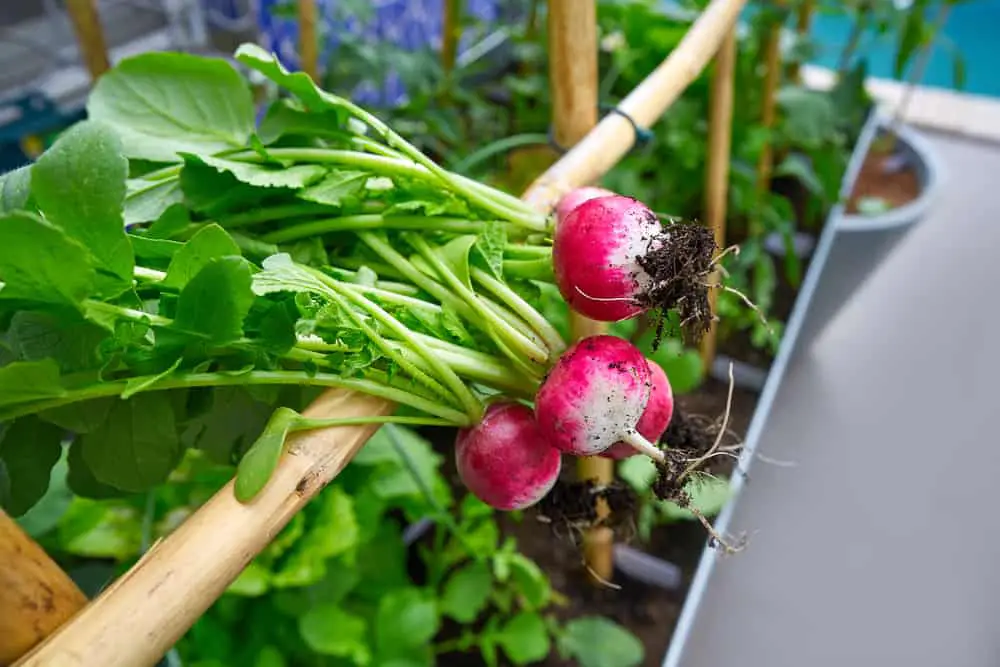
By planting radish and carrot seeds at the same time, the radish seeds will grow at a more rapid pace, pushing the soil aside for emerging carrots. This makes them an excellent staggered crop, as they can be harvested well before your carrots.
11. Onions
You simply can’t wrong growing this staple crop; the bonus is that your carrots will thank you too. According to longtime gardeners, planting onions beside carrots will keep the dreaded carrot fly at bay.
12. Leeks
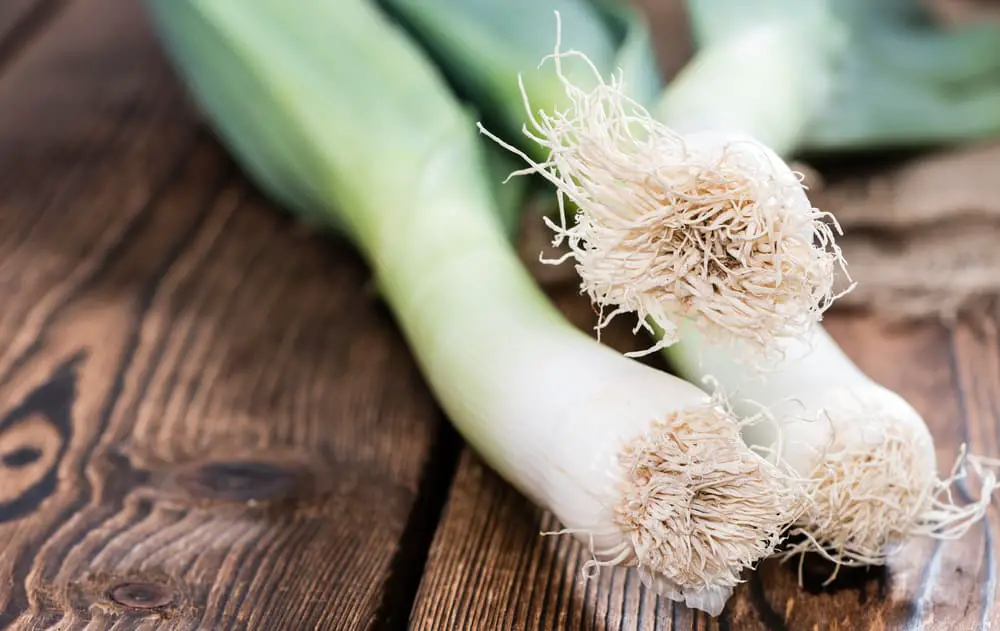
Leeks, like onions, are part of the Allium family and make wonderfully fragrant companion plants that also repel carrot flies.
13. Lavender
Aside from its luscious, soothing scent and multiple household uses, lavender attracts all the good pollinators, like bees and butterflies, while confusing and deterring aphids with its heady scent.
14. Cucumbers
Summertime snacking aside, cucumbers won’t interfere with your carrot crop’s growth, as cucumber plants send only one sizable taproot down into the soil. At the same time, the remaining roots extend only six to twelve inches around in diameter. This will save you space in your garden and free you up to grow a variety of shallow and root crops alike.
15. Flax
Common flax, also known as linseed, is a flowering plant that is cultivated as a food and fiber crop in temperate regions around the world. Flax plants produce an oil that is believed to protect carrots from various garden pests.
16. Garlic
Carrots and garlic have something of a symbiotic relationship: while carrots repel insects that feed on garlic, garlic can ward off the carrot fly.
17. Cabbages (Brassicas)
While members of the Brassicas family may not directly assist carrots when grown as companion plants, we’d be remiss not to mention them, thanks to their versatility and ease of growing. What’s more, carrots can loosen the soil for cabbages, helping them to anchor their roots and grow stronger.
Not-So-Great Companions: Plants You Should Avoid Growing Next To Your Carrots
1. Potatoes

While it’s certainly recommended that you try your hand at growing this hearty and delicious staple crop, it’s probably best to grow it away from your carrots. When planted together, potatoes compete for space and nutrients such as phosphorus, potentially overpowering your carrots.
2. Parsnips
Like potatoes, parsnips tend to compete for nutrients and are furthermore prone to many of the same diseases as carrots, creating a kind of sickbed scenario should they be planted as companions.
3. Umbellifarae Plants (Dill, Cilantro, Cumin, Fennel, Coriander)
Although carrots technically belong to the Umbelliferae family, cross-pollination isn’t recommended between many plants in this family as they can result in poor-tasting hybrids.
Growing your own carrots can be an enjoyable and beneficial pastime. With the right companion plants, you can ensure your crop’s output and vitality for years to come.
